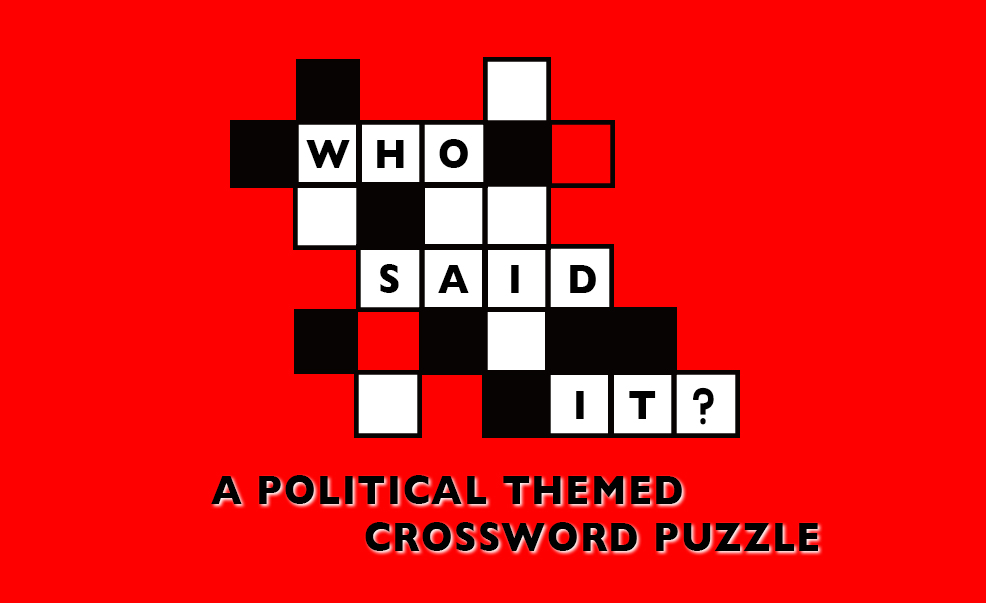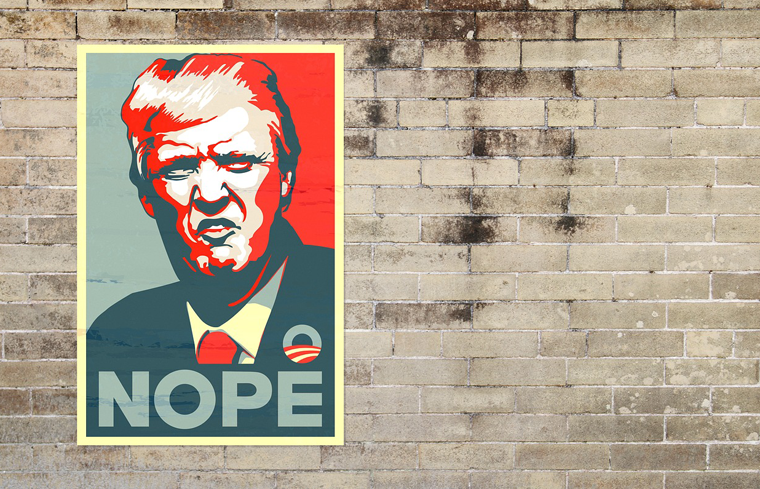A thought-provoking op-ed challenging readers to ponder that the apprehension of death, and the necessity to mitigate that apprehension, always has, and always will, prompt and shape virtually every human activity…

by: Robert Levin ((Header art by Anthony Freda.))
Although the guises may differ, people who study history are no less doomed to repeat it than those who don’t. The reason for this circumstance is not so mystifying once we are prepared to acknowledge that the apprehension of death, and the necessity to mitigate that apprehension, always has and always will prompt and shape virtually every human activity. If our responses to the prospect of death can, for sure, be benign and creative — can, for example, result in works of art that will survive our demise — they are, as often as not, malignant. And this is a grim reality that despite lessons from the past we are compelled to perpetuate.
Let me try to explain.
When F. Scott Fitzgerald remarked that ”In [the] dark night of the soul it is always three o’clock in the morning,” he was talking about the fundamental burden of human existence, of the terror that inhabits a life that is aware of its fate. To live with just a modicum of equanimity that terror has to be managed, and what we do to this end is we bury it. We repress it. But notwithstanding our success at repressing an all consuming death dread — even to the point of becoming apparently heedless of death’s inevitability — our trepidation never entirely disappears. Indeed, it remains subconsciously constant and dynamic and, however incognizant we may be of its processes and consequences, it is the determining force behind all manner of destructive behavior.
Simply put, beings who know they will die cannot withstand extended periods of amity. Unable to confront the ultimate evil of death directly, it’s essential to have enemies, enemies that can be confronted. We require, that is, human surrogates for evil who are at the very least potentially vanquishable. Persons of races, cultures, religions, nationalities and sexual orientations different from ours serve this purpose well. Through our hostile engagement with these designated embodiments of evil, we simulate what constitute symbolic struggles with death. Absorbed and preoccupied by these struggles, they allow us, when we win, to experience the pleasure of securing what feels like a victory over death. Pleasure, as Epicurus noted, is the absence of pain, and pain is definable not merely as physical suffering but also as fear and anxiety. The eradication of manufactured adversaries affords us the sensation of killing our own death.
Of course, since the basic problem still exists, our elation in these contrived instances is transitory. It wears off. We are forced then to make new enemies. (When we lose we may feel as good as dead, may enter a profound depression that will not lift until we identify fresh villains with whom to do combat. And while I’m in the aside of a parentheses, I don’t think it’s farfetched to suggest that what we really mean by the “social contract” is the unspoken agreement to supply one another with antagonists for the battle with mortality.)
Born in 1939, only a couple of decades after the “war to end all wars,” I’ve been a witness to World War Two, the Holocaust, the dropping of the atom bomb, the Korean War, the Cuban Missile Crisis and Vietnam, not to mention 9/11, the invasion of Iraq, genocides, assassinations and countless mass murders. All of these travesties were intended to enable their perpetrators to deny their abominable destinies. The Donald Trump administration is among the most current of such travesties. Should I last a little longer I’m quite likely to attend the disintegration of democracy itself.
In the case of Trump, and following what I’ve attempted to describe, we can clearly see why he ascended to the presidency in 2016 and why (barring genuinely intolerable investigative revelations — I write this in early spring of 2019) he may yet win again in 2020.
What Trump did was address our very deepest need, the need to mollify the anticipation of extinction. He accomplished this by providing scapegoats for our untenable predicament. Mexicans, Muslims and an “illegitimate” black president were responsible for the jeopardy in which we find ourselves. His posture in this respect was, I’d argue, more crucial to his election than his promises of jobs and economic security. Hillary Clinton, on the other hand, offered programs and policies that, devoid of monsters posing existential threats, were limited to the wholly rational. Contrary to how it may often appear, people do vote in their best interest. Hillary failed to recognize what, at bottom, we truly want.
I don’t know what man made horrors await the planet in the coming years. I do know they’ll be impervious to history and abundant and that the unacceptability of death will be at their root.
A former contributor to The Village Voice and Rolling Stone, Robert Levin is the author of “When Pacino’s Hot, I’m Hot: A Miscellany of Stories and Commentary” (The Drill Press), and the coauthor and co-editor, respectively, of two collections of essays about jazz and rock in the ’60s: “Music & Politics,” with John Sinclair (World Publishing) and “Giants of Black Music,” with Pauline Rivelli (Da Capo Press).






I have an axiom to define evil: An evil person is one who passes his or her pain onto others. There may be larger, more cosmic forces of evil but I don’t need them. There’s enough human evil to go around. Mr. Levin has hit upon so many of my own continuing themes that I wonder if we aren’t cousins. It’s possible! I need to amend Epicurus. Decadence is a state where the absence of pleasure is pain. The mere absence of pleasure is Anhedonia. I like to call Deprivation the state where the absence of pain is pleasure. So, we have our opposites, Decadence and Deprivation. Somewhere in the middle is normal daily life. If anything can be called normal in a world that is so irrational as to preclude a rational response. Muddling along is about all I can manage. I enjoyed Mr. Levin’s essay. Well said, Sir Robert!